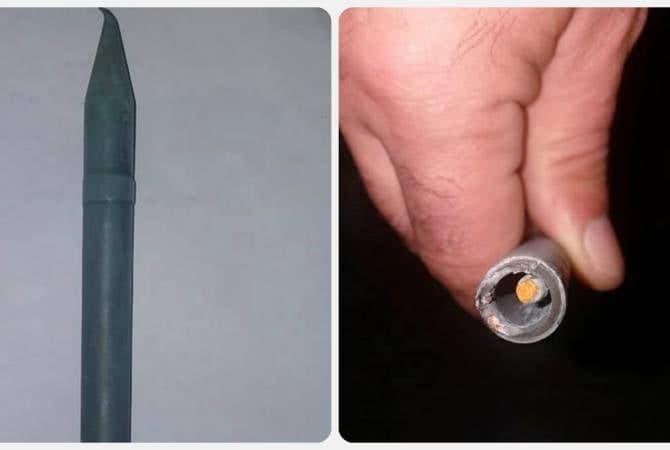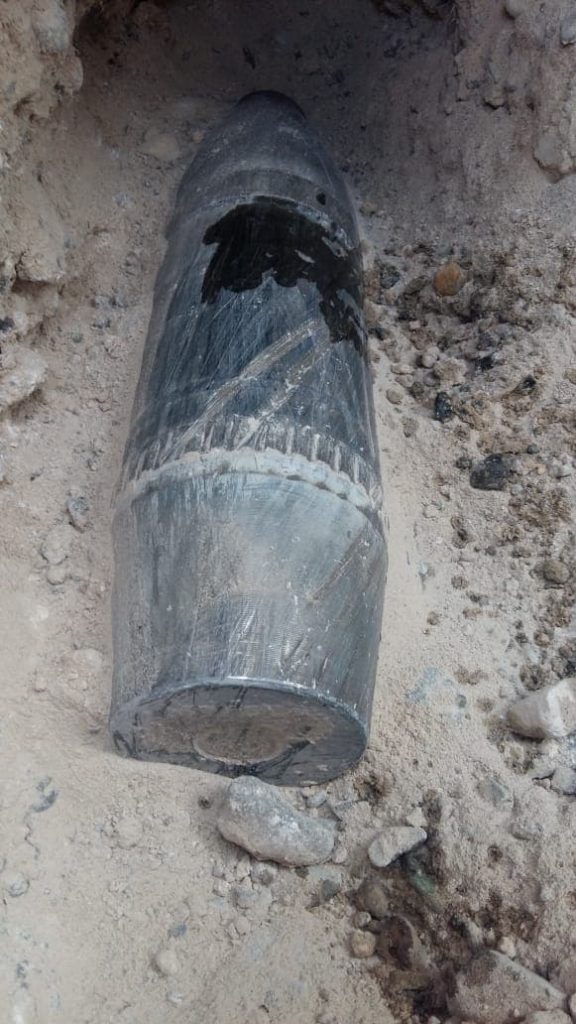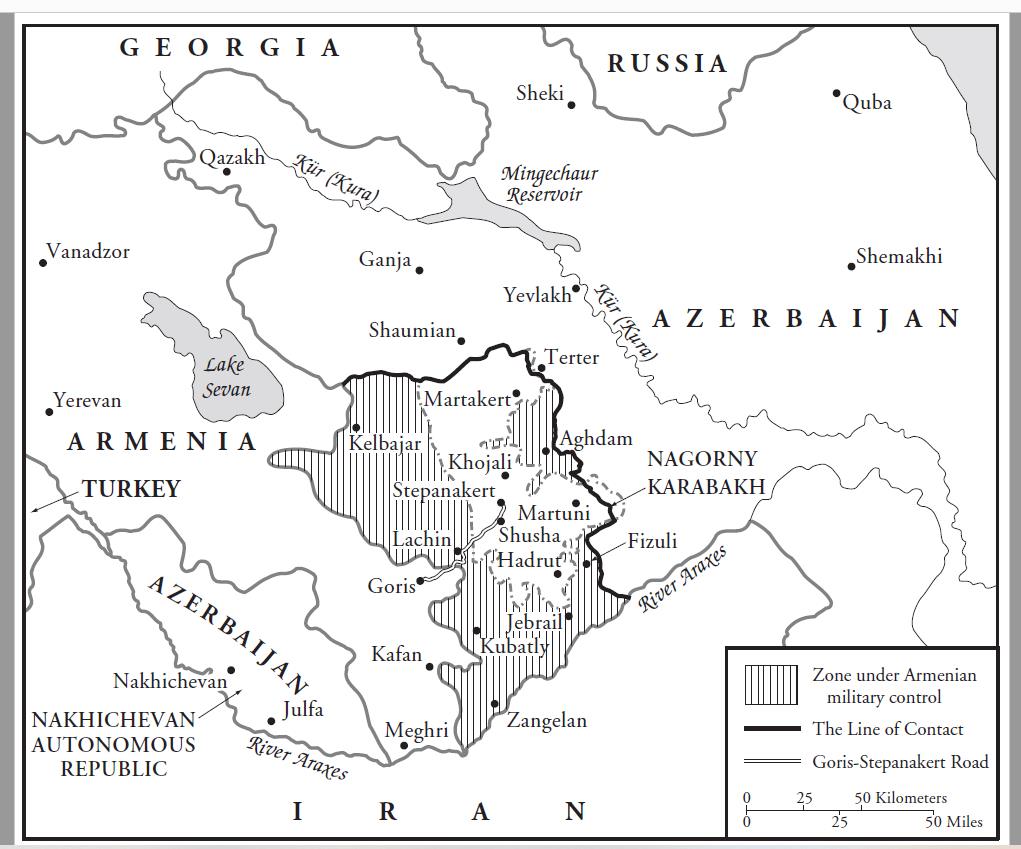Russia and Iran on ways to stop hostilities in Karabakh, overview of fighting
Since September 27, the Azerbaijani and Armenian armies have been fighting in the zone of the Karabakh conflict with the use of armored vehicles, artillery and drones. Both sides accuse each other of shelling settlements. Thousands of people were killed among the military and civilians on both sides.
An armistice was declared three times during this time – on October 10, 18 and 26, but each time it was immediately violated. The parties accuse each other of non-compliance with the truce.
Review of the latest events, November 3, 2020
Information from Yerevan
• The Jerusalem Post newspaper published an interview with the Prime Minister of Armenia.
Context:
In early October, Armenia accused Israel of continuing to supply the Azerbaijani army with weapons, in particular, drones, during the war.
Armenia then recalled its ambassador from Israel. This was followed by a proposal by Israeli President Reuven Rivlin to send humanitarian aid to Armenia.
“I suggest that Israel send this humanitarian aid to mercenaries and terrorists. This will be a logical continuation of the actions of this country,” Nikol Pashinyan said in an interview.
He said Israel has joined Turkey, terrorists and Syrian mercenaries in supporting Azerbaijan in the conflict. In his opinion, Israel will ultimately suffer from being drawn into this alliance, since Turkey’s ambitions may turn against Israel itself.
• The State Service for Emergency Situations of Karabakh reported that Azerbaijan has begun to use a new type of weapon – burning cluster weapons about 40 centimeters long. It is intended to set fire to territories and mass destruction, its use against civilians is prohibited by international conventions.

• “It’s obvious to me that a global hybrid war has begun. The further the world ignores it, the more visible it becomes. This war is equally directed against Christians, Muslims and Jews. Nagorno-Karabakh today is the front line of the anti-terrorist struggle. Without exaggeration, the fate of civilization is being decided here,” the Armenian Prime Minister wrote on his Facebook page, commenting on the October 2 terrorist attack in Vienna, where three people were killed and 14 were injured.
Information from Baku
• During the day, the Armenian armed forces continued firing Smerch missiles on the city of Fizuli, surrounding villages, as well as villages of Aghdam and Aghjabedi regions, the Azerbaijani Defense Ministry said.
• Since the beginning of hostilities (since September 27), 91 civilians have died from the Azerbaijani side, 405 people were injured.

• Iranian Supreme Leader Ayatollah Khamenei: “The war between the two neighboring countries of Iran is a bitter problem that must be ended as soon as possible. It is necessary to liberate the territories belonging to Azerbaijan and guarantee the security of the Armenian population,” Iranian state news agency IRNA cited him as saying.
Negotiations and statements by third countries
The Russian Foreign Minister spoke about fears of the ‘internationalization’ of the Karabakh conflict and the need for measures to control the observance of the ceasefire.
“The number of militants from the Middle East in the arabakh conflict zone is already approaching two thousand,” Sergei Lavrov said. He recalled that this topic was also discussed by the President of Russia during a telephone conversation with the President of Turkey on October 27.
This is also discussed in regular contacts with the leaders of Azerbaijan and Armenia, the head of the Russian Foreign Ministry said.
“A sustainable truce is difficult to achieve without effective oversight. For this, electronic means of control, a ‘hot line’ between Yerevan and Baku, observers under the auspices of the OSCE, conducting operations with the participation of military contingents can be used,” Lavrov said.
Lavrov said that during the meetings in Moscow, his Azerbaijani and Armenian counterparts confirmed the immutability of the format of the negotiation process – within the framework of the OSCE Minsk Group co-chairmanship.
At the same time, Lavrov did not rule out the possibility of working with all partners, including the neighbors of the parties, “in order to create conditions for reaching a resolution by political and diplomatic means in line with the basic principles of settlement.”
Map of the region where the Karabakh conflict is unfolding



















